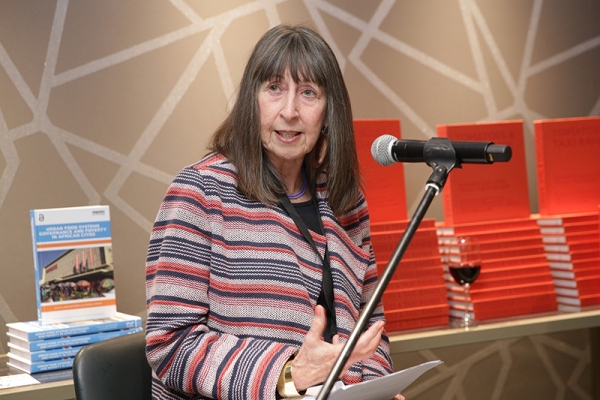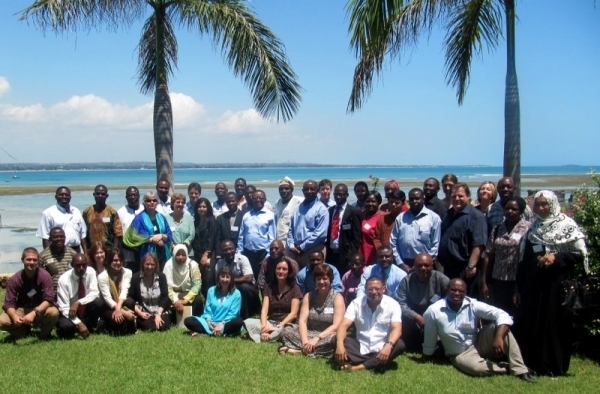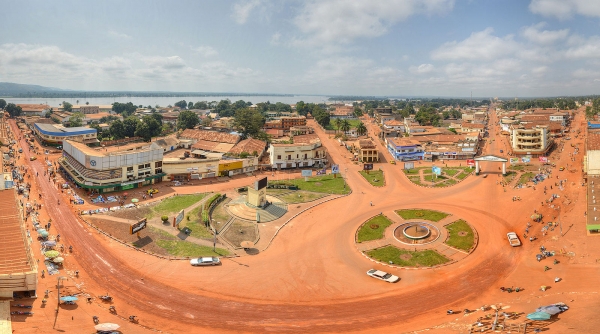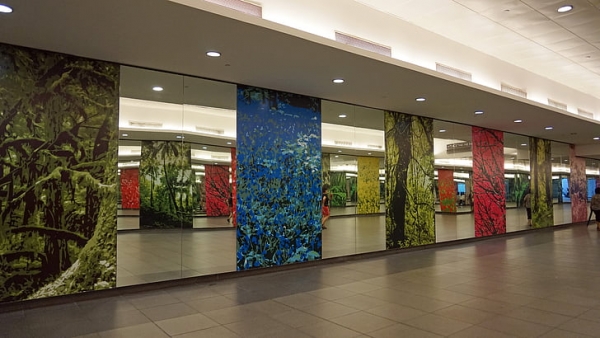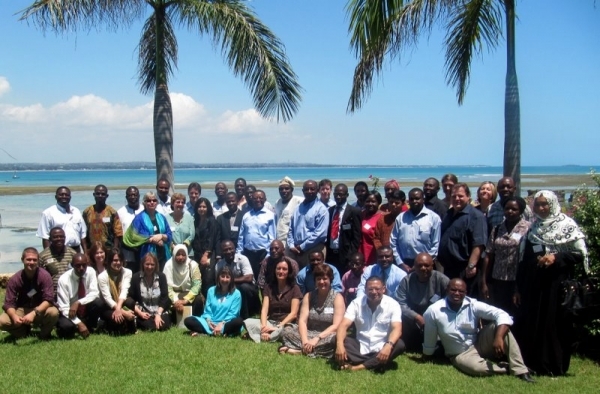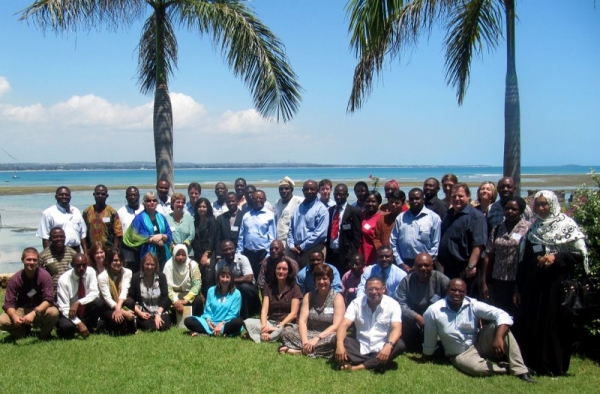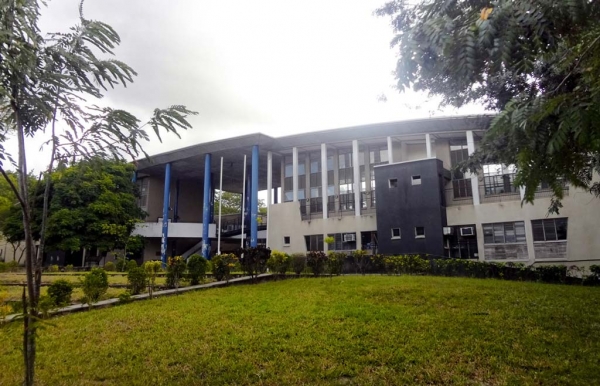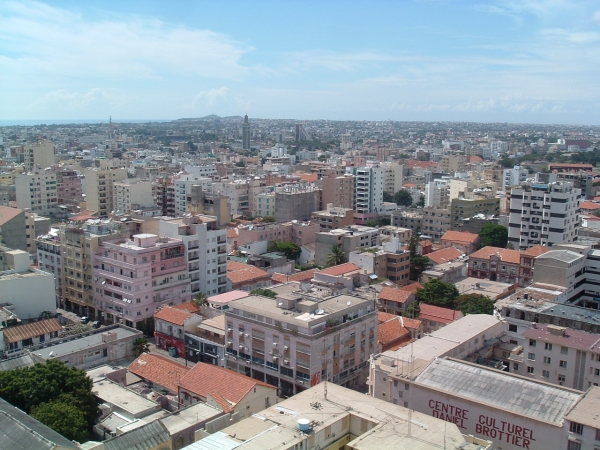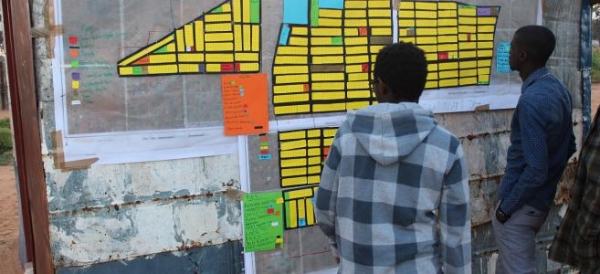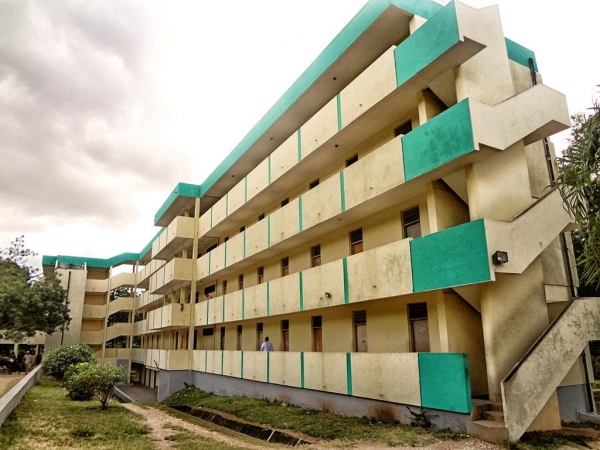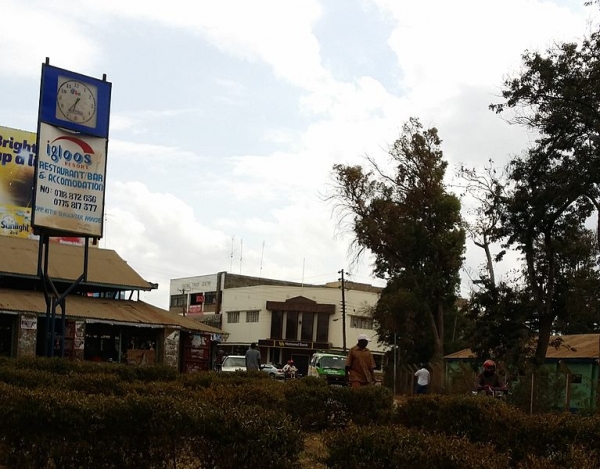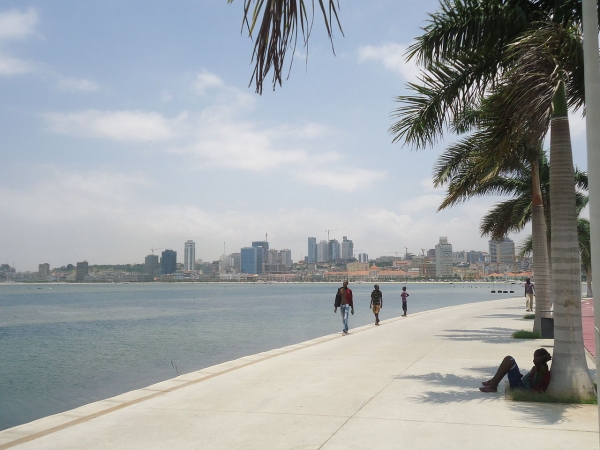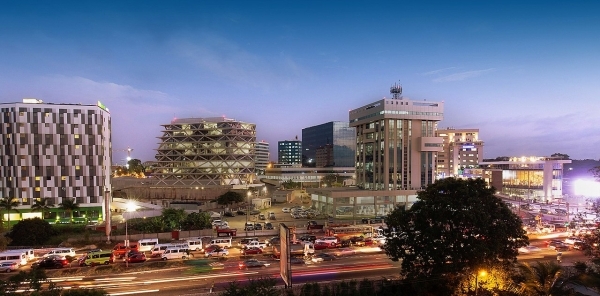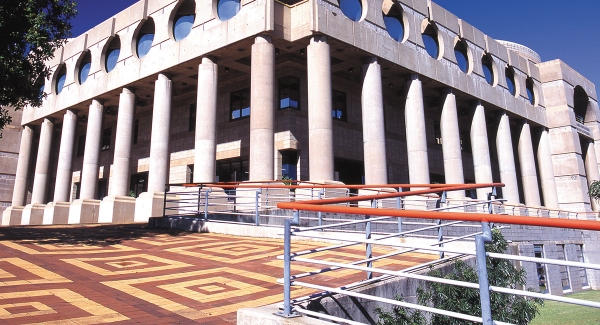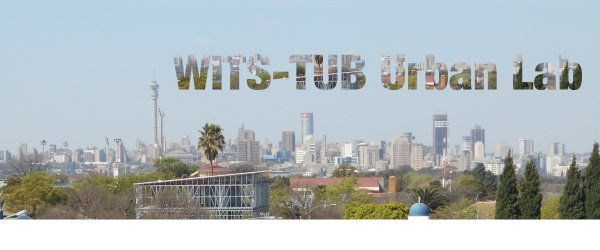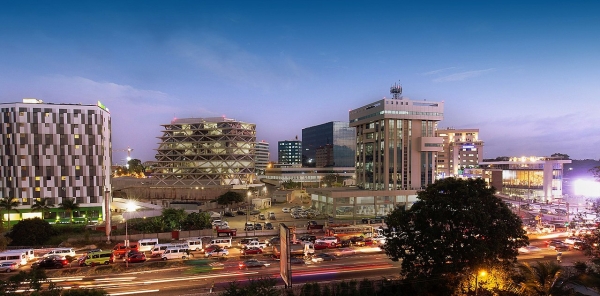From 20 to 21 March 2013, the Association of African Planning Schools (AAPS) took part in the inaugural meeting of the African Urban Research Initiative (AURI), held at the Hilton Hotel in Addis Ababa, Ethiopia.
The African Centre for Cities (ACC) and Cities Alliance organised the workshop meeting with the objective of enabling African urban research institutions and various Cities Alliance partners to meet and develop a shared strategy for future urban research and advocacy on the continent. In total, sixteen research centres (from Francophone, Anglophone and Lusophone Sub-Saharan countries) and over thirty international development agencies and national government ministries were represented.
The two-day workshop featured rich discussion. Participants heard that Africa will experience a profound set of urban and resource-based transitions in the foreseeable future, and that the current development path has to undergo a shift to avoid a major urban ‘polycrisis’. Shifting these transitions onto a sustainable and equitable path requires that a wide variety of actors work collectively to promote a common strategic vision of urban futures on the continent.
Urban researchers were able to discuss the challenges facing their institutions, and heard directly from development agencies and governments regarding their overall priorities for research. While the institutions attending, both research centres and Cities Alliance partners, have diverse interests and agendas, key points of strategic emphasis did emerge. One emphasis was that that a primary function of AURI, perhaps more so than identifying themes of comparative urban research, should be to make the factual case for cities and urbanization to national and local governments on the continent.
In order to make this case, comprehensive and reliable data is required. Research centres can help to either develop new data sets, or enhance the usefulness of existing data for decision-makers, particularly at the local government level. They can help to link processes of bottom-up data generation (i.e. by slum communities) with formal planning functions. Research centres also play a key role in producing ‘strategic intermediaries’: individuals capable of interacting with and reading across different institutional languages and logics to promote innovation in urban governance.
The meeting resulted in the agreement to found the African Urban Research Initiative (AURI), with the view to forming a network once initial institutional and collaborative mechanisms have been developed. Ultimately, AURI can play the following strategic roles:
- To provide a platform for the exchange of research ideas, practices and outputs between its members, as well as other networks and initiatives, in order to improve the quality and impact of urban research on the continent and to drive the emergence of alternative paradigms for the future of African cities
- To provide an institutional framework for joint and comparative urban research along consistent paradigmatic and methodological lines
- To present a common voice of academic and NGO researchers to promote the cause of progressive urban development policy in Africa
- To assist its individual members by organising meetings and developing resources for networking and capacity-building, focusing on sustainable institutional and financial management, and methodologies of institutional engagement (with state and civil society)
Participants agreed to undertake several pieces of individual and joint work as a starting point for thinking about collaborative research. A provisional Steering Committee was nominated and a follow-on AURI meeting scheduled for Nairobi, in either late 2013 or early 2014.
In conclusion, the first AURI meeting was widely regarded by participants as a success, and a first of its kind in its efforts to develop a common strategic agenda for urban research in Africa. While AURI faces challenges in terms of securing sustainable sources of funding to support a continent-wide research network, the discussions held in Addis Ababa provide an important first step to reinvigorating the African urban research agenda, and driving progress towards a sustainable and equitable urban future.
Other links and resources:
- Please click HERE to download a full report on the workshop proceedings (PDF format, 0.44 MB).
- Click HERE to read about Cities Alliance’s efforts to produce an urban development strategy for Africa, which took place immediately following the AURI meeting, on 22 March 2013.
View photographs of the meeting below:

